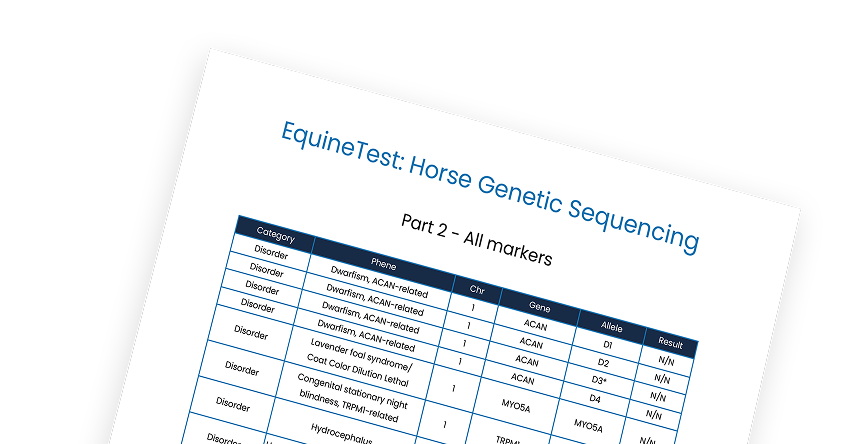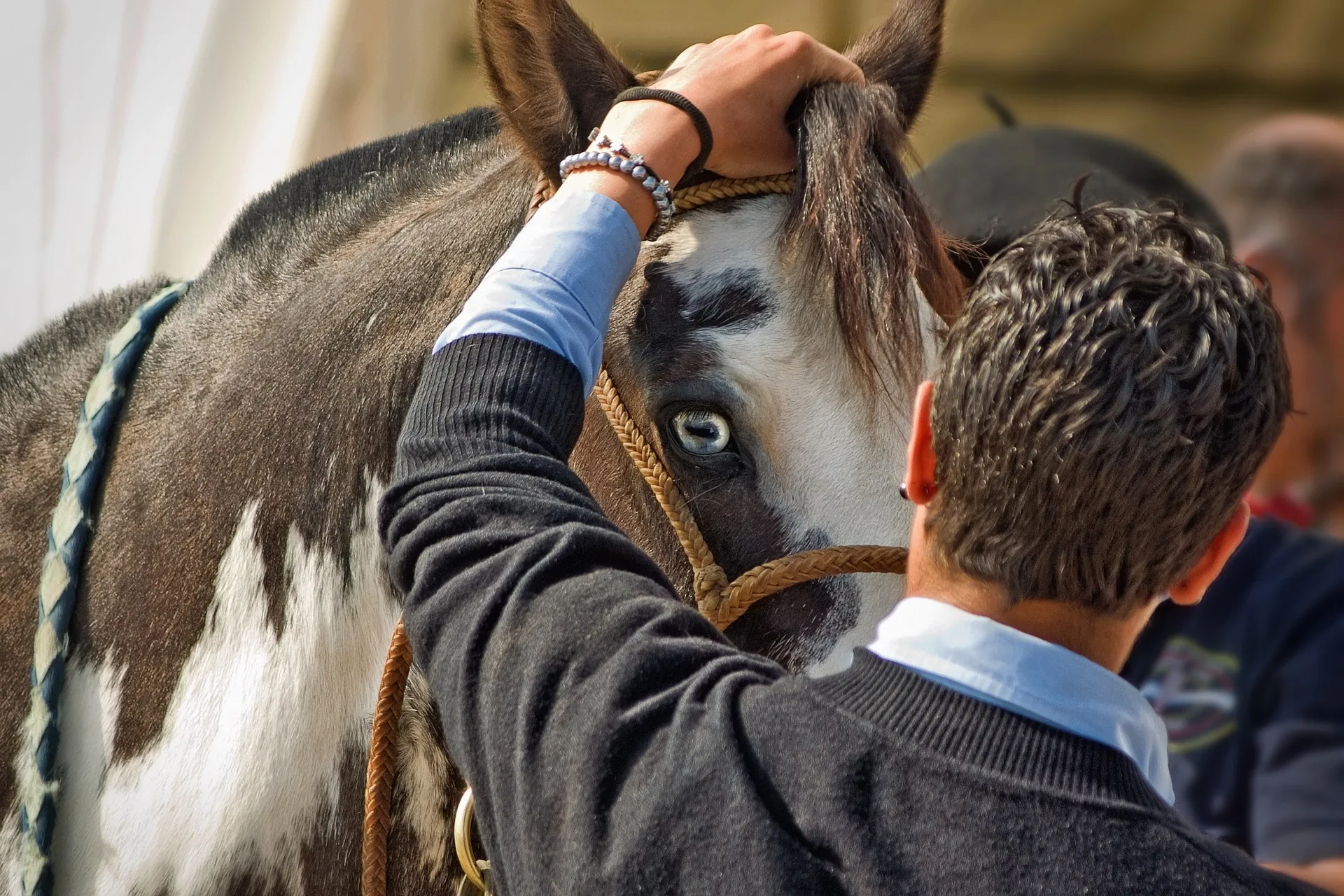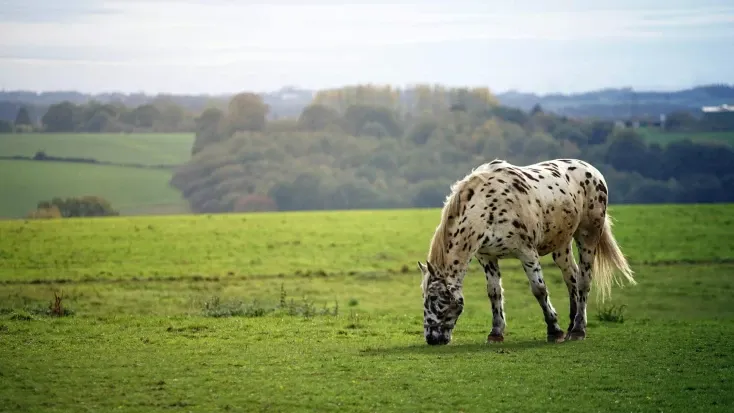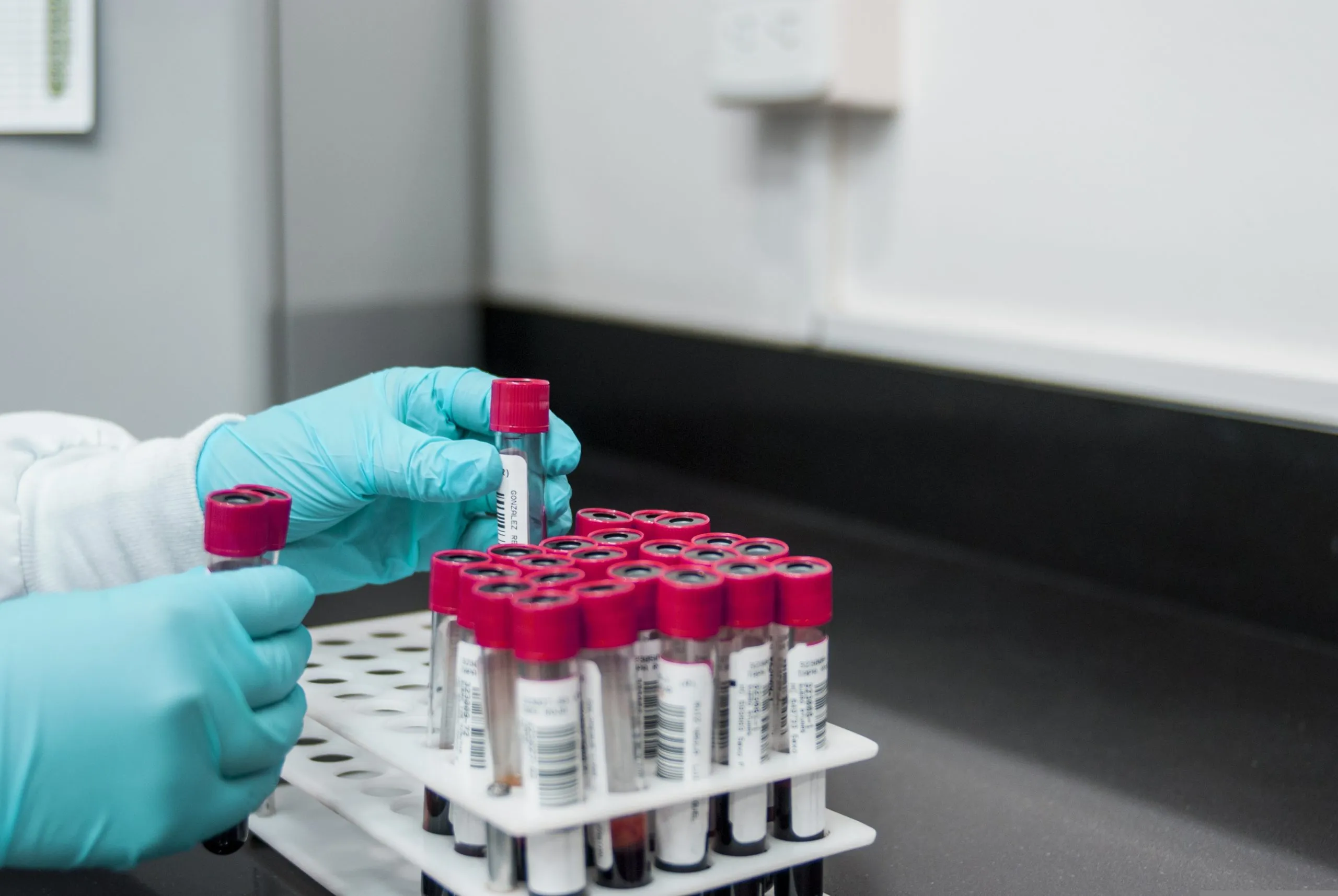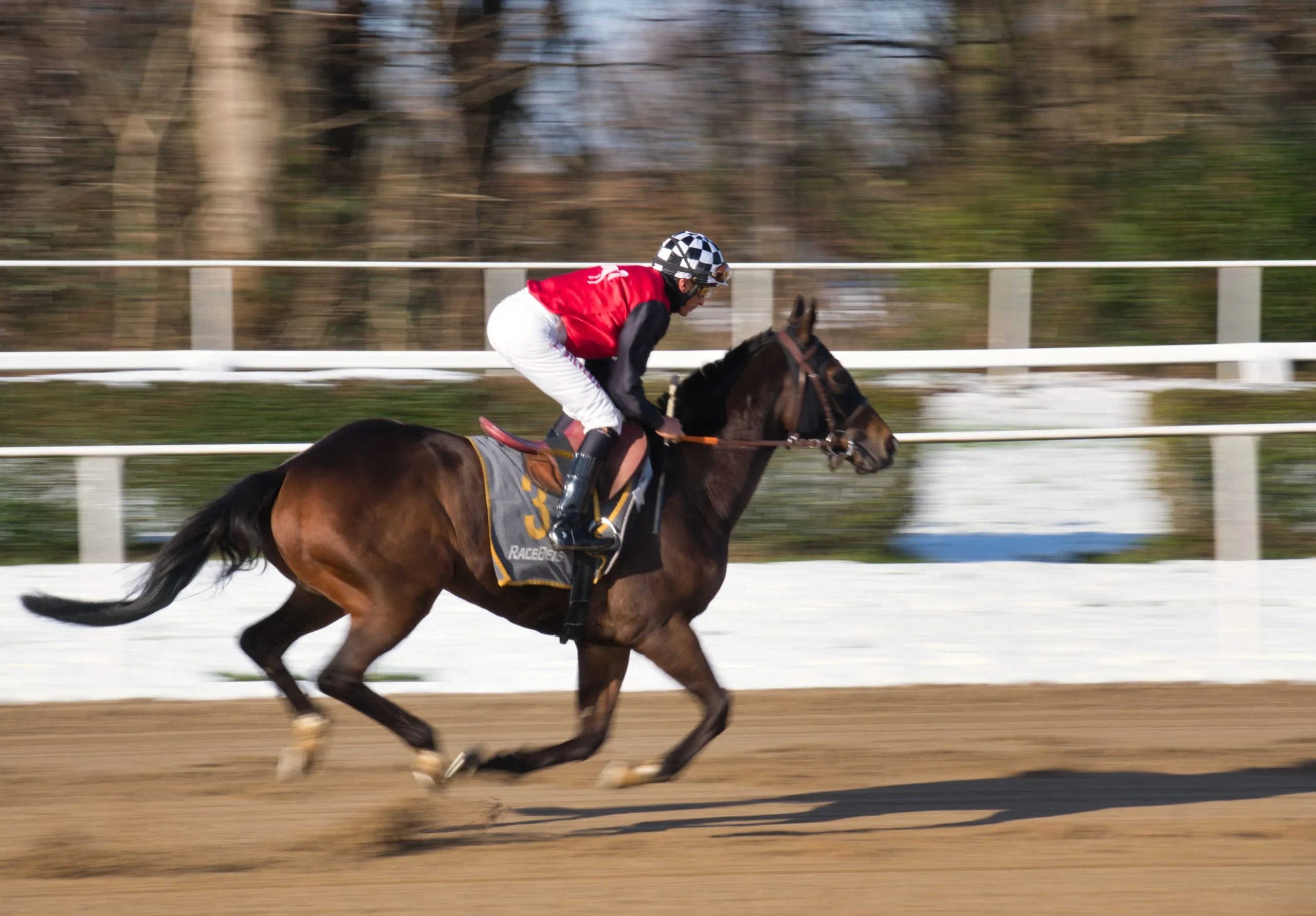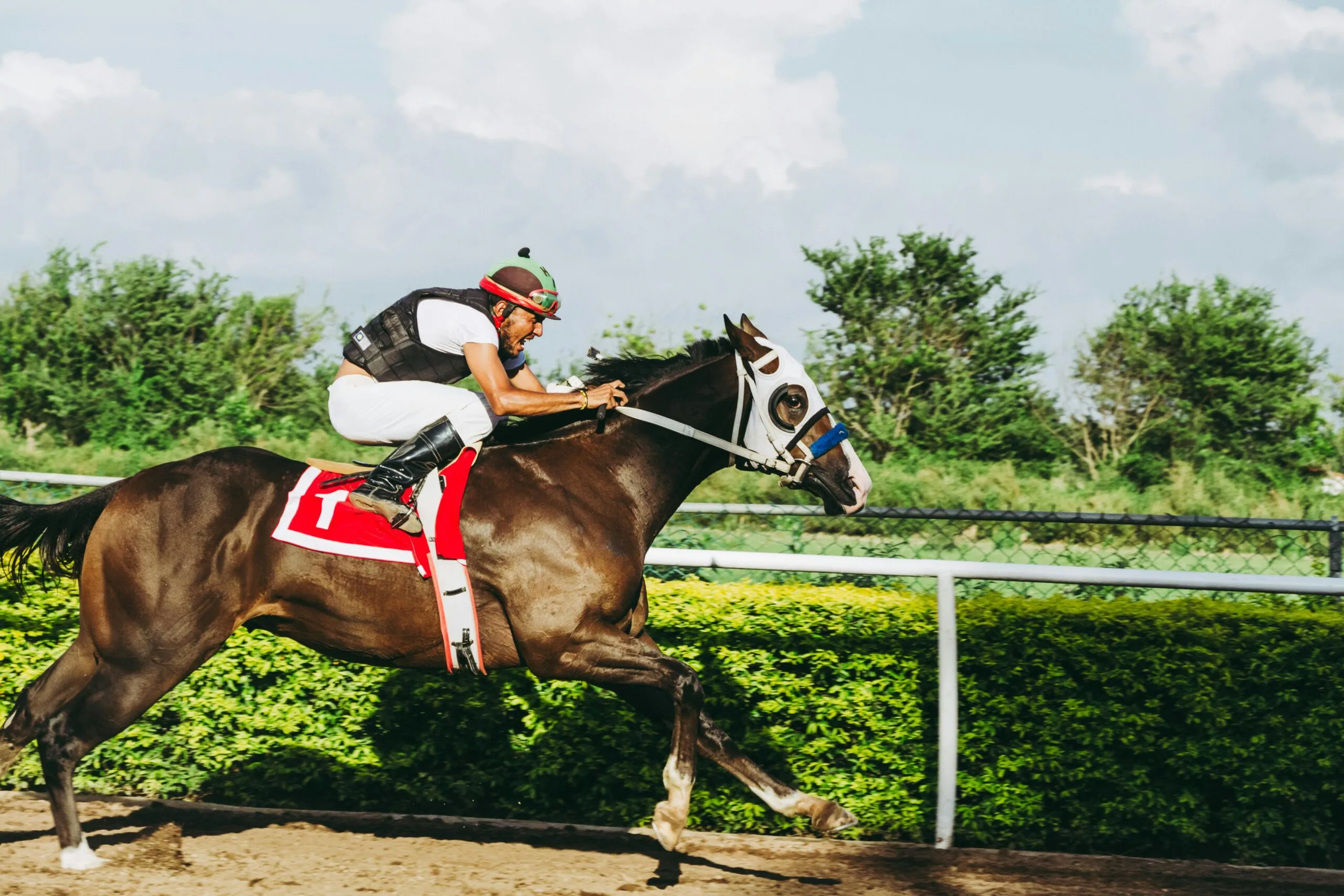
- Horses
19. 9. 2025
The Speed Gene
Horses are an exceptionally athletic species, and even though many of their traditional purposes have faded away over time, some reasons why we, humans, keep them remain. In the past, horses were generally kept for reasons different from today’s. While the number of horses kept solely for sport and status used to be low, today, sport horses, along with leisure horses, represent the majority of the population.
To excel in a sport discipline, the horse has to possess certain qualities - different breeds have different predispositions for different disciplines. A horse’s performance is affected by lots of different factors, such as their overall condition, health and genetics. The genetic factor may affect the amount of muscle mass, the process of muscle contraction, exercise adaptability, oxygen transport and more.
In horses, the most studied gene, which affects their performance, is probably the MSTN (myostatin) gene, also known as the speed gene. This gene affects the skeletal muscle growth, development and fibre composition. Muscle fibres can be generally divided into multiple groups. Some of them are more suitable for short and explosive types of activities, while others are better for longer and less intensive work.
Especially in thoroughbreds, this gene can be used to predict the ideal race distance for a given horse based on the variant of the gene it carries. Horses that are homozygous for the C allele (C/C) have a predisposition to become sprinters because their muscles contain many fast-twitch fibres. Horses with the T/T genotype have greater stamina and are more suitable for longer distances. And finally, heterozygotes (C/T) show characteristics of both types, which means that they cannot be considered strictly sprinters or stayers.
Genotype ratios vary from breed to breed. For example, in the American Quarter horse population, there’s an excess of the C allele as the breed is used for activities requiring abrupt bursts of energy over short distances. On the other hand, in endurance horse populations such as Arabian horses, the T allele is much more common.
It’s important not to forget that while genetics influence a horse’s performance, other factors are also important and, even though, genetics may play into a horse's favour, it still doesn't make it a winner. The speed gene is just one piece of the puzzle. If you want to uncover your horse’s full genetic potential - from performance over health to breeding factors, whole genome sequencing might be the thing you are looking for. See here for more details.

